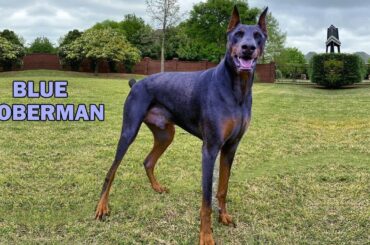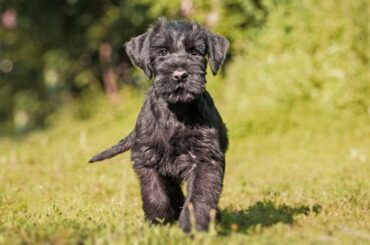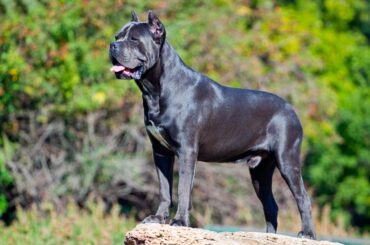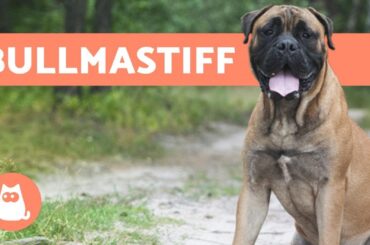The Coton de Tulear Dog Breed, which is known in France as the Cotton of Tulear, refers to the dog’s coat and the port at the tip of Madagascar. These dogs were popular companions on sea trading ships, and one such ship sank off the coast of Madagascar around 1300 A.D. Many white dogs survived and came ashore.
The Coton de Tuléar is a breed of dog named for the city of Tuléar in Madagascar. The Coton de Tulear developed on the island of Madagascar and is still the island’s national dog. The dog was brought to Madagascar and mated with a dog on the island, creating an unexpected result. The Coton’s ancestors were brought to Madagascar in the 16th and 17th centuries aboard pirate ships.
The Coton de Tulear is a descendent of breeds such as the Bichon Frise, Maltese, and Bolgnese. These dogs’ ancestors were kept as companions on trading ships in the Mediterranean Sea.
The Coton de Tulear is a breed that has survived in the wild. It was later domesticated by native Malagasy and Merina tribal nobles to become their companion dog. The Coton lived in its splendid isolation until French tourists discovered it during the 1960s. It became an instant hit in Europe. The Coton has been selectively bred for generations, becoming what it is today.
Table of Contents
Coton de Tulear Dog Physical Appearance
The Coton de Tuléar has a black nose, large eyes, and short legs. They have curled tails and tan/black coats with white markings. They are non-shedding and considered hypoallergenic. They come in three accepted colors: white, black, and white; and tricolor. However, the tan and white may become all white, the blacks will often fade to grey or white.
Their coat is long and white with the texture of soft cotton which allows air circulation within it to keep them cool or warm during hot.
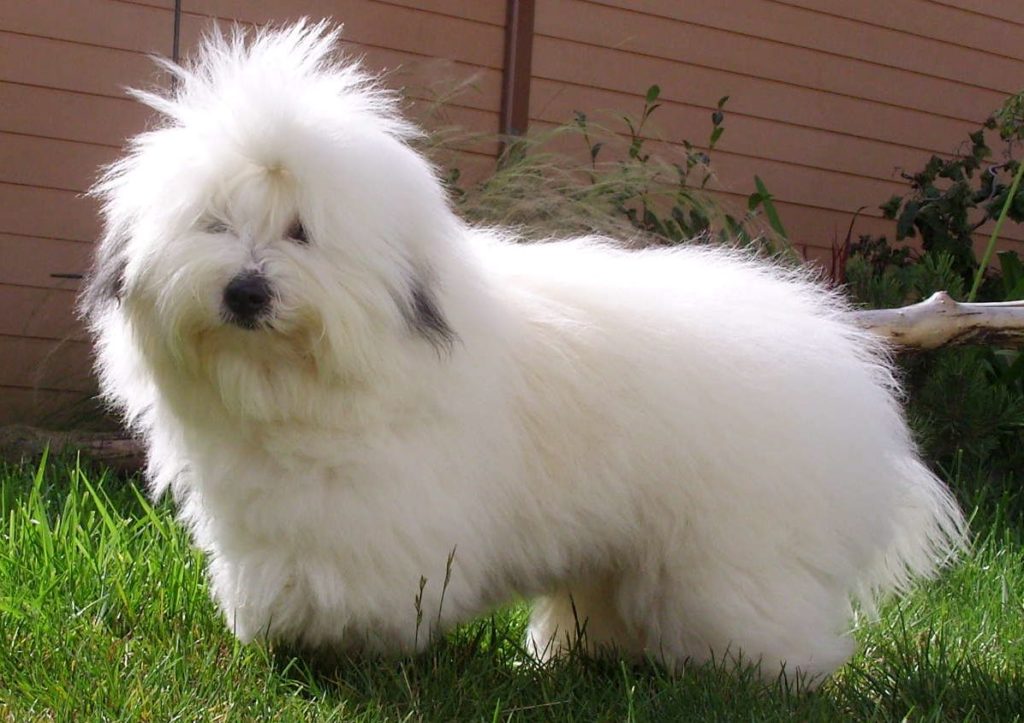
Another characteristic of the breed is its white coloration. This helps to distinguish them from their ancestors, the black-and-tan Coonhound. However, puppies are born with spots that fade as they grow older.
The Coton de Tulear is a small dog weighing between 6 and 8 kilograms for males and 3.5 to 5 kilograms for females. The height of the Coton de Tulear ranges from 25 to 30 centimeters for males and 22 to 27 centimeters for females.
Coton de Tulear Dog Behavior
The Coton’s personality is playful, cheerful, and outgoing. He loves attention from his family and is always ready to play with them. He gets along well with children and strangers, as well as other dogs and pets. The Coton de Tuléar is a good dog for first-time owners or apartment living because of its small size.
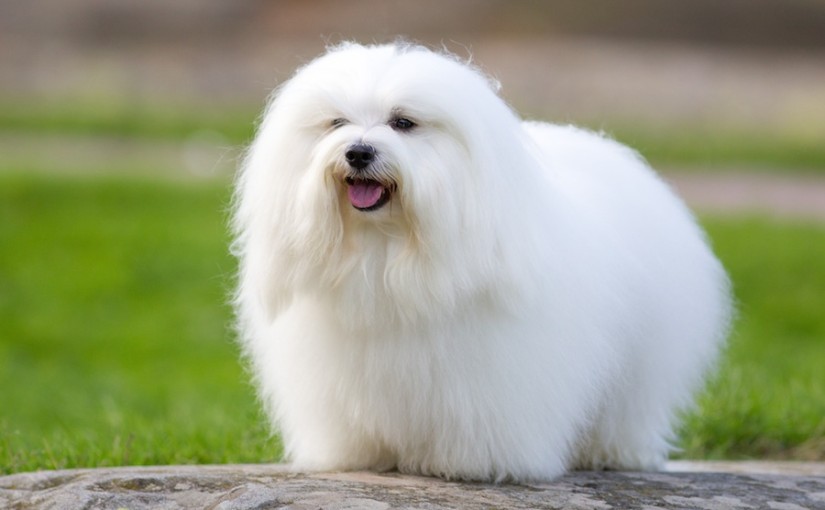
Cotons are known to have a habit of walking on their hind legs to please people. Most Cotons love meeting new people and are very curious about new situations. Cotons are easy to train as they are very eager to please. They love swimming, running, and playing and adapt well in most living environments. A common trait in Coton de Tulear
Coton de Tulear Dog Training and Caring
The Coton de Tulear is active indoors and can spend his energy on games or walks. Although they do not need much exercise, the breed should be walked to maintain proper mental stimulation. The coat of this breed requires regular brushing due to its tendency to tangle and mat. A pin brush should be used daily.
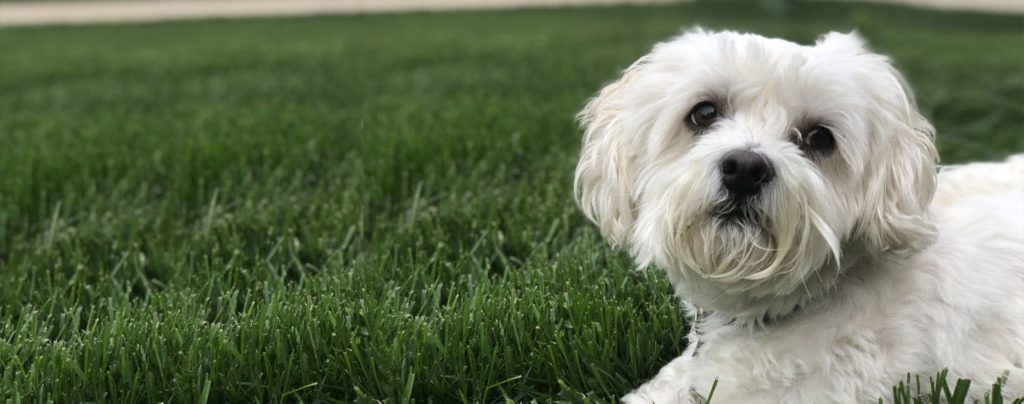
Coton de Tulear dogs were bred to shed hair. The texture of their coat causes the shed hair to be trapped in their coat. Daily brushing and combing are needed if not done, this breed will mat up quickly and may require shaving.
Coton de Tulear Dog Health
The Coton de Tulear is a healthy breed, but there are some health issues. The most serious issues are patellar luxation and eye problems. The average life span is between 13 to 15 years.
Coton de Tulear Review
- Very affectionate
- Typically good with kids and other dogs
- Generally very healthy
- High grooming needs
- Can become destructive when bored
- Doesn’t like to be left alone and might experience separation anxiety
Coton De Tulear Dog Breed Pictures
Coton De Tulear Dog Breed Pictures
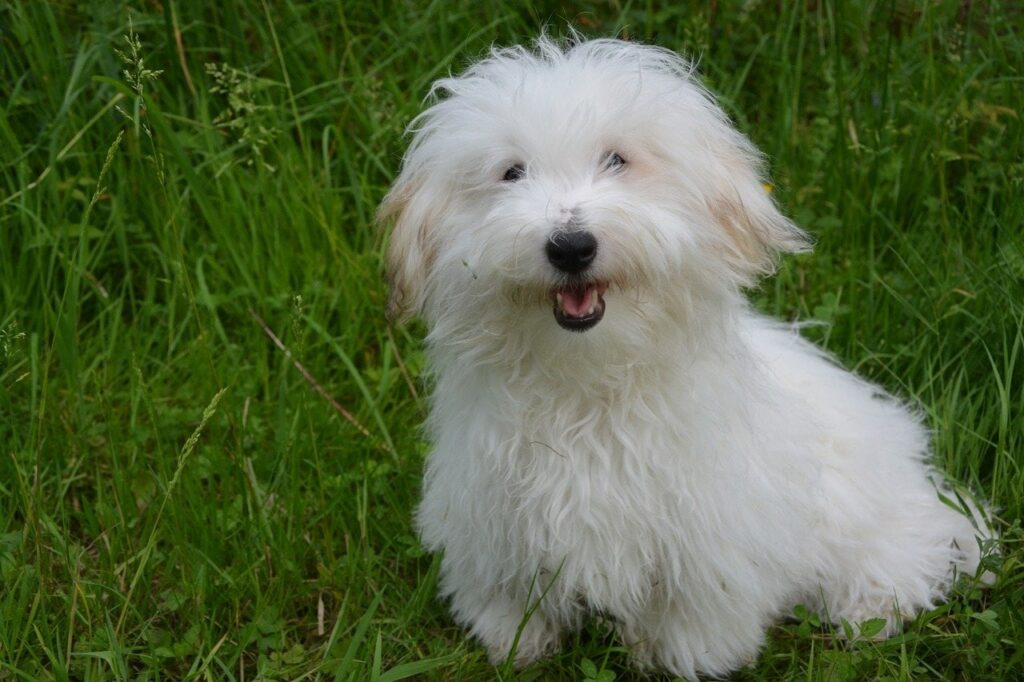
Coton De Tulear Dog Breed Pictures
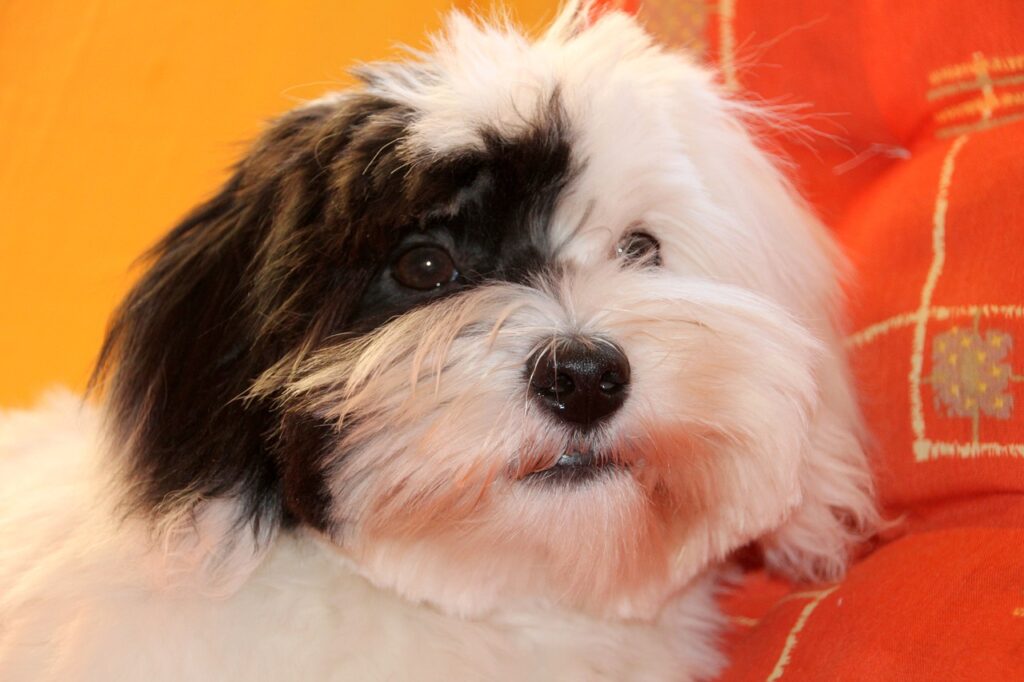
Coton De Tulear Dog Breed Pictures
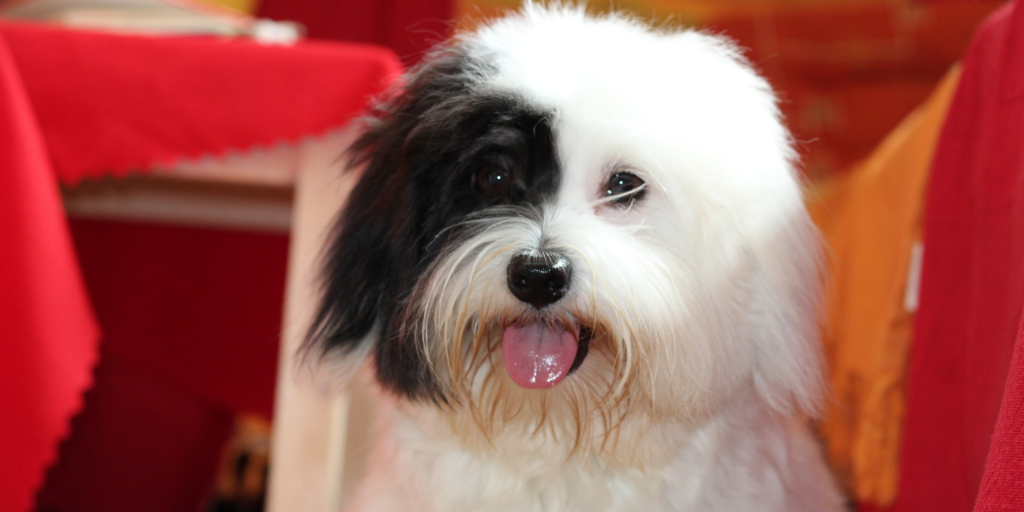
RECOMMENDED POST
- 3 Little-Known Facts About Saint Bernard Dog
- Hovawart Dog Breed Information – 4 Basic Best Known Facts
- Bedlington Terrier Dog Breed Information – 4 Best Known Facts and Traits
- Tosa Inu Dog Breed Information – 4 Best Known Characteristics – Heath Problems
- The English Coonhound Dog – 4 Comprehensive Body Characteristics, Behaviour And Health
This website’s material is not intended to be a substitute for expert safety advice or professional treatment, nor should it be used to diagnose or treat any health issue or condition. It also is not meant to give any legal opinion or advice. For legal, medical, or other professional advice, please contact your Veterinary Doctor or other healthcare provider. We do not assume any duty for and do not warrant the reliability or operation of, the goods or services we evaluate, which are offered by third parties. Only educational aims are served by our content.
If you like, please share it. Sharing is usually caring.

